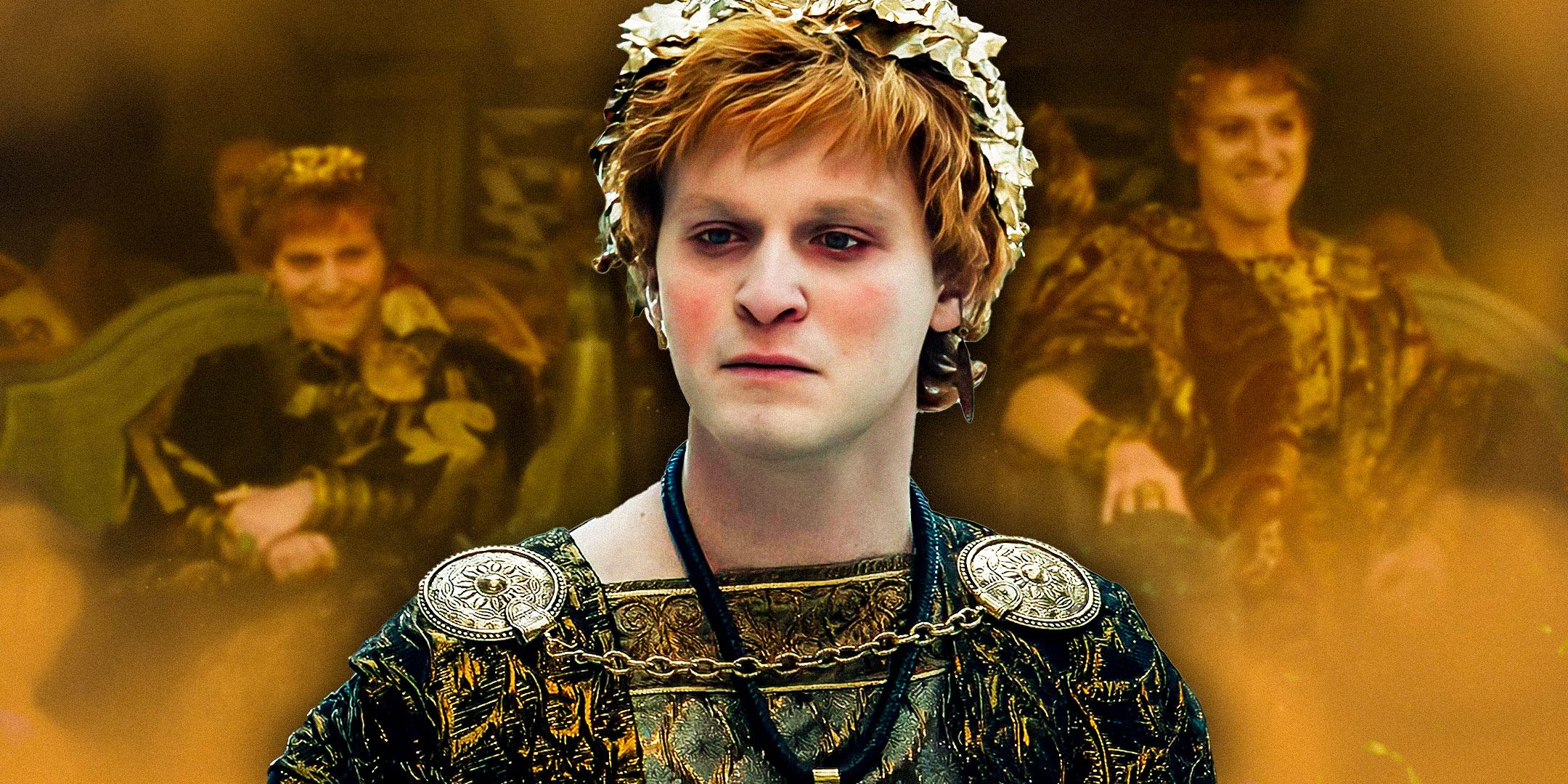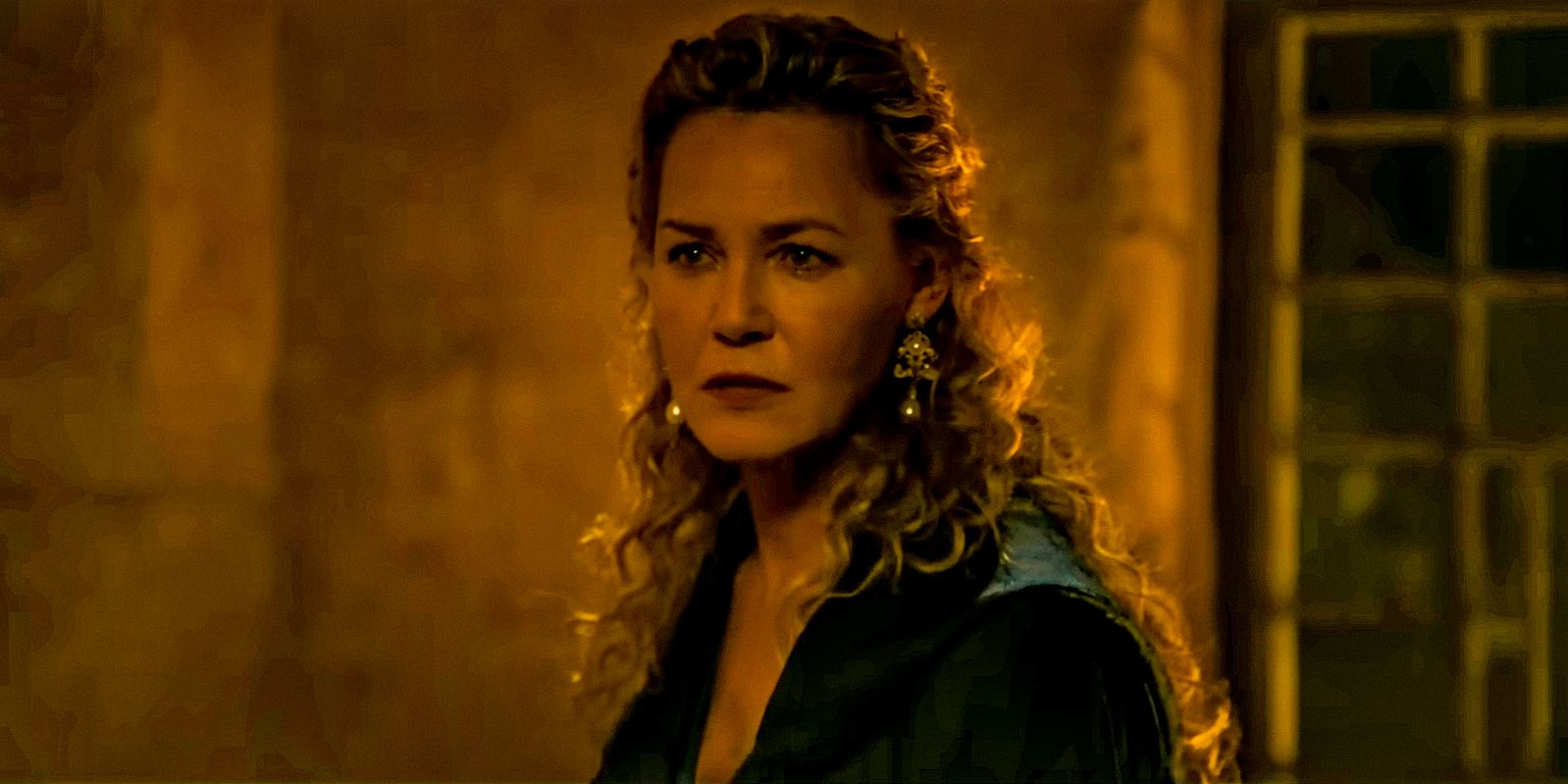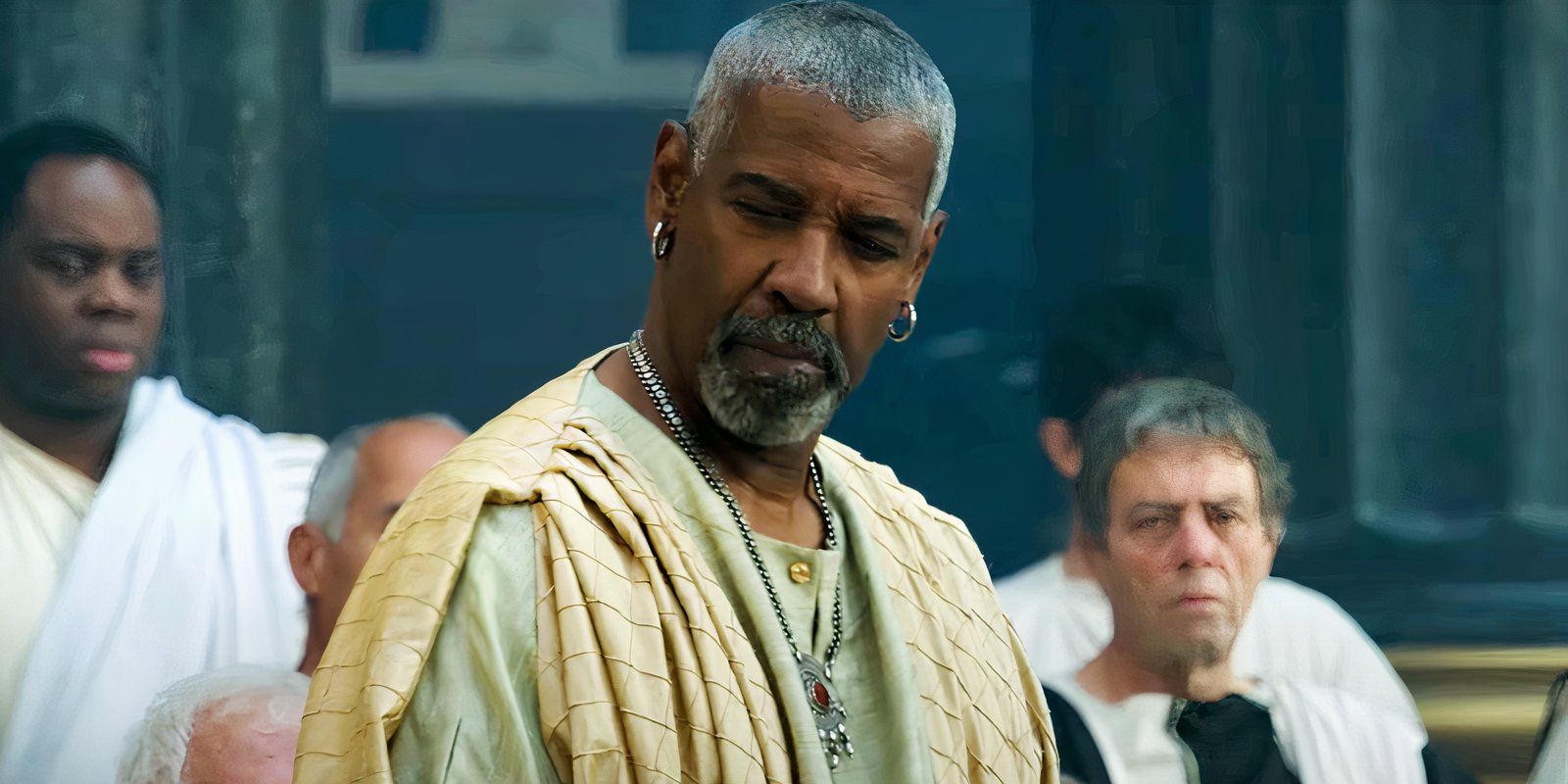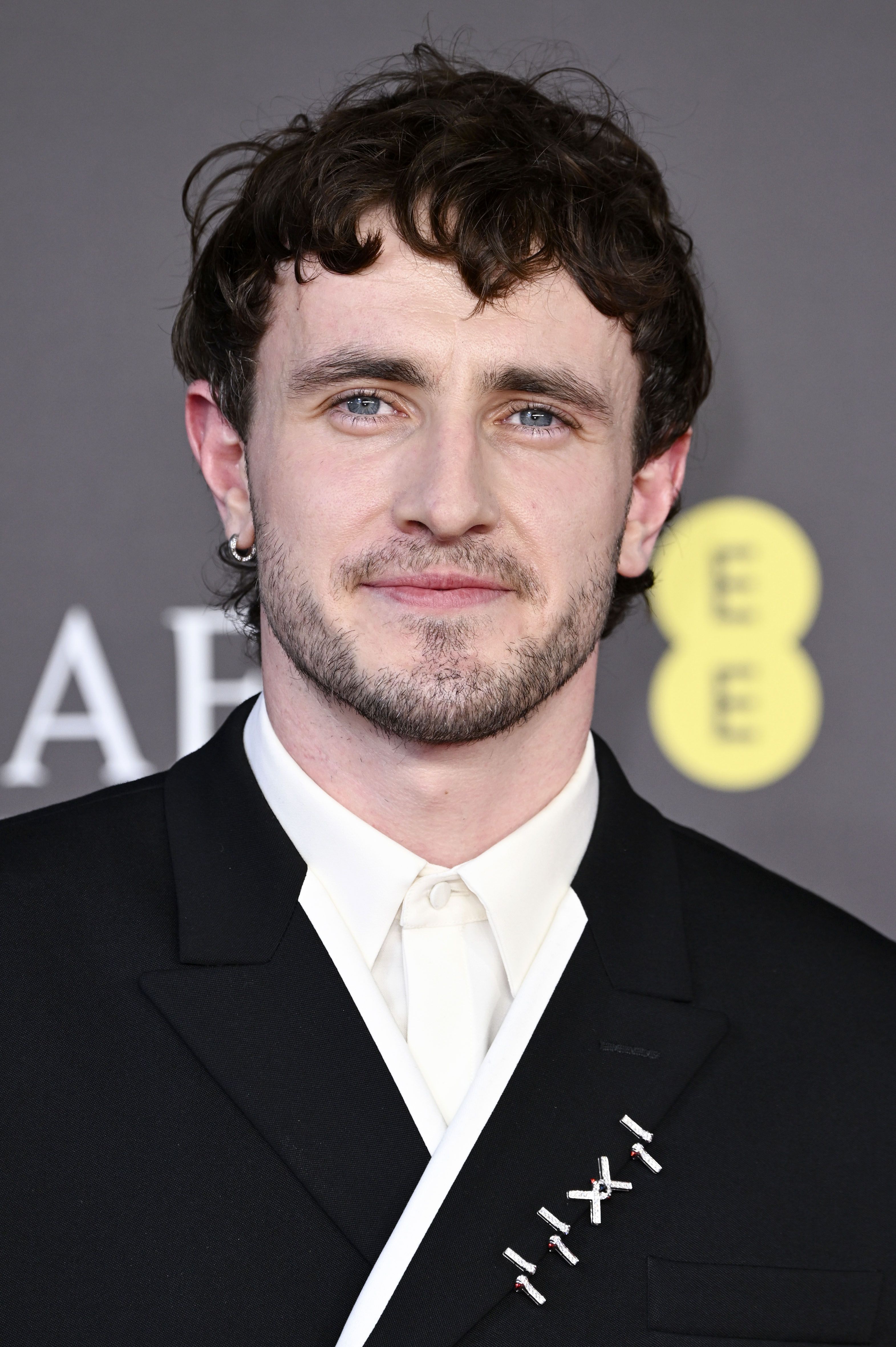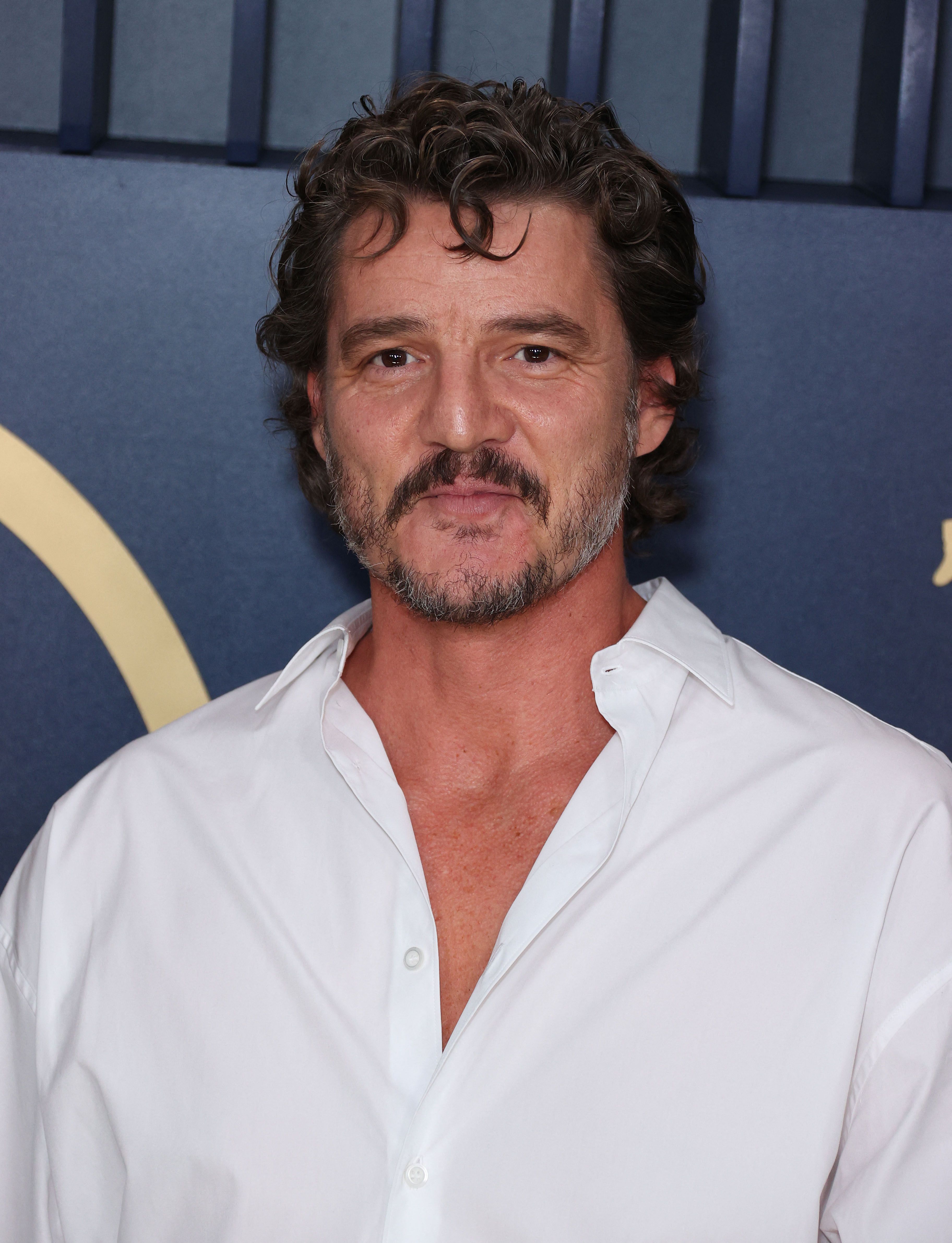For years, Macrinus has been working on his intricate plan to become the ruler of Rome.
Macrinus has to confront that if Hanno is Lucius, this throws a major wrench in his plans.
Nielsen and Washington perform the scene well.

However, it is not quite as memorable as some of Macrinus' more defining moments.
General Acacius is an obstacle standing in the way of Macrinus' ascension to the throne.
Macrinus promises to deliver Acacius' head as long as Lucius serves him faithfully.
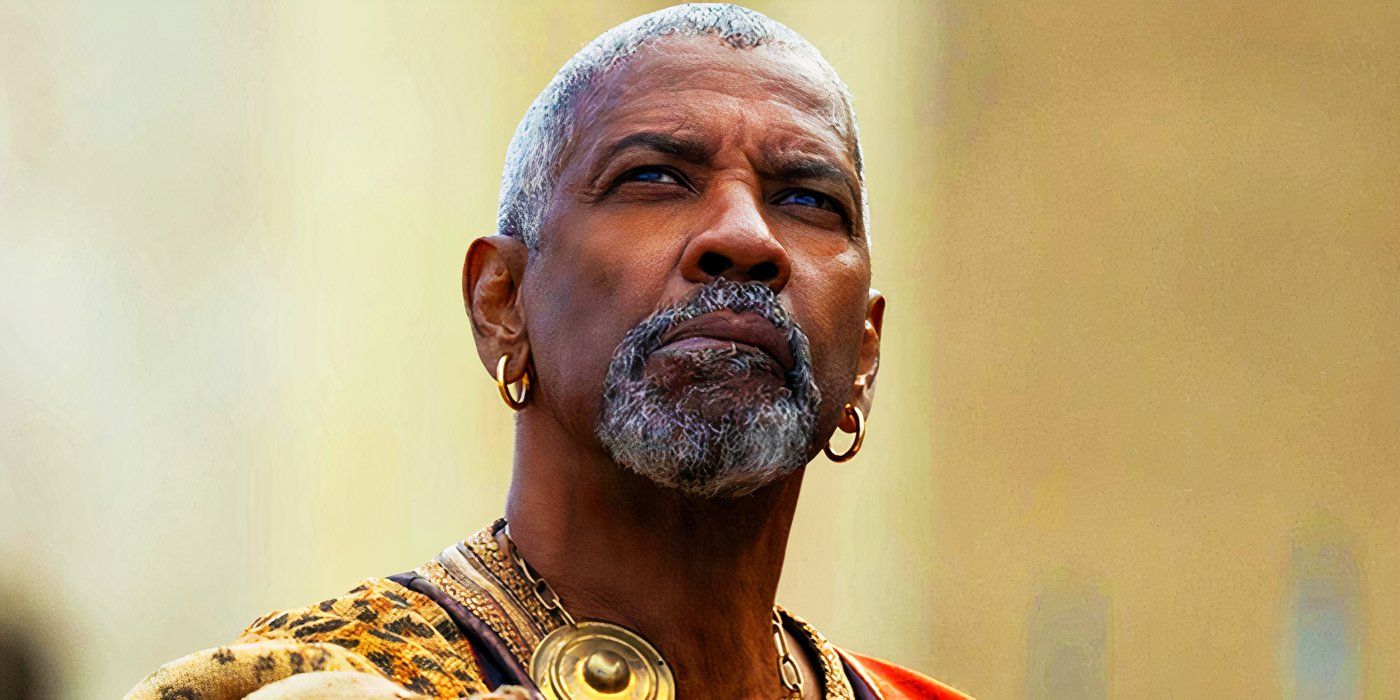
The only mark against the scene is that its impact is undermined by being overplayed in the marketing.
He takes aim and fires an arrow into Lucilla’s chest in front of Lucius.
Macrinus is not only eliminating a prominent obstacle in his path, but is punishing Lucius for his rebellion.
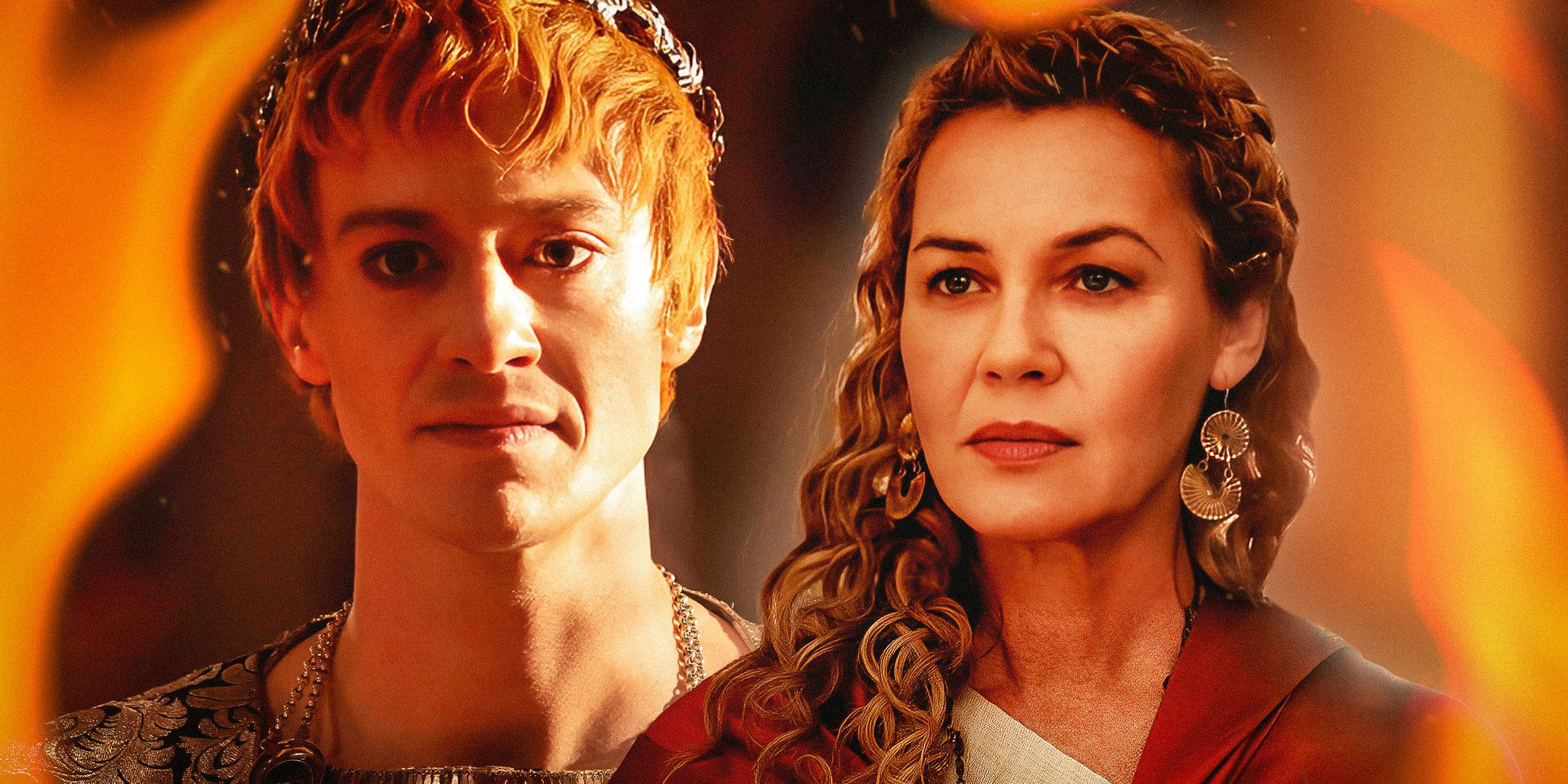
Image via Paramount Pictures
Washington does not need to be as expressive here as he is in other scenes.
That one look is enough to illustrate Macrinus' cruelty.
Macrinus is not only eliminating a prominent obstacle in his path, but is punishing Lucius for his rebellion.
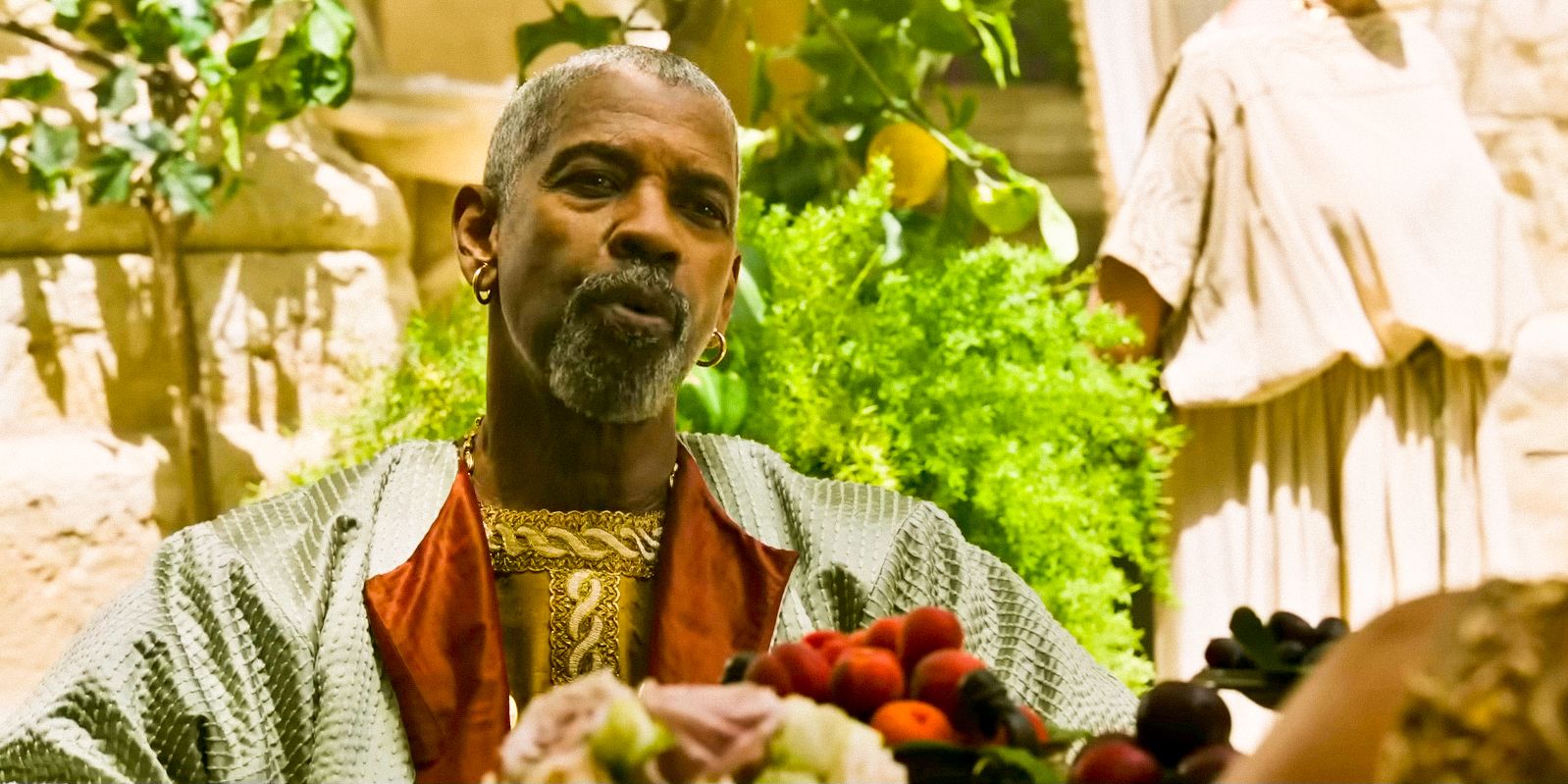
There are three scenes that are ranked higher, though, as they have an even more substantial impact.
Caracalla is already paranoid and at odds with Geta.
Macrinus amplifies that paranoia by claiming that Geta will blame Caracalla in front of the Roman Senate.
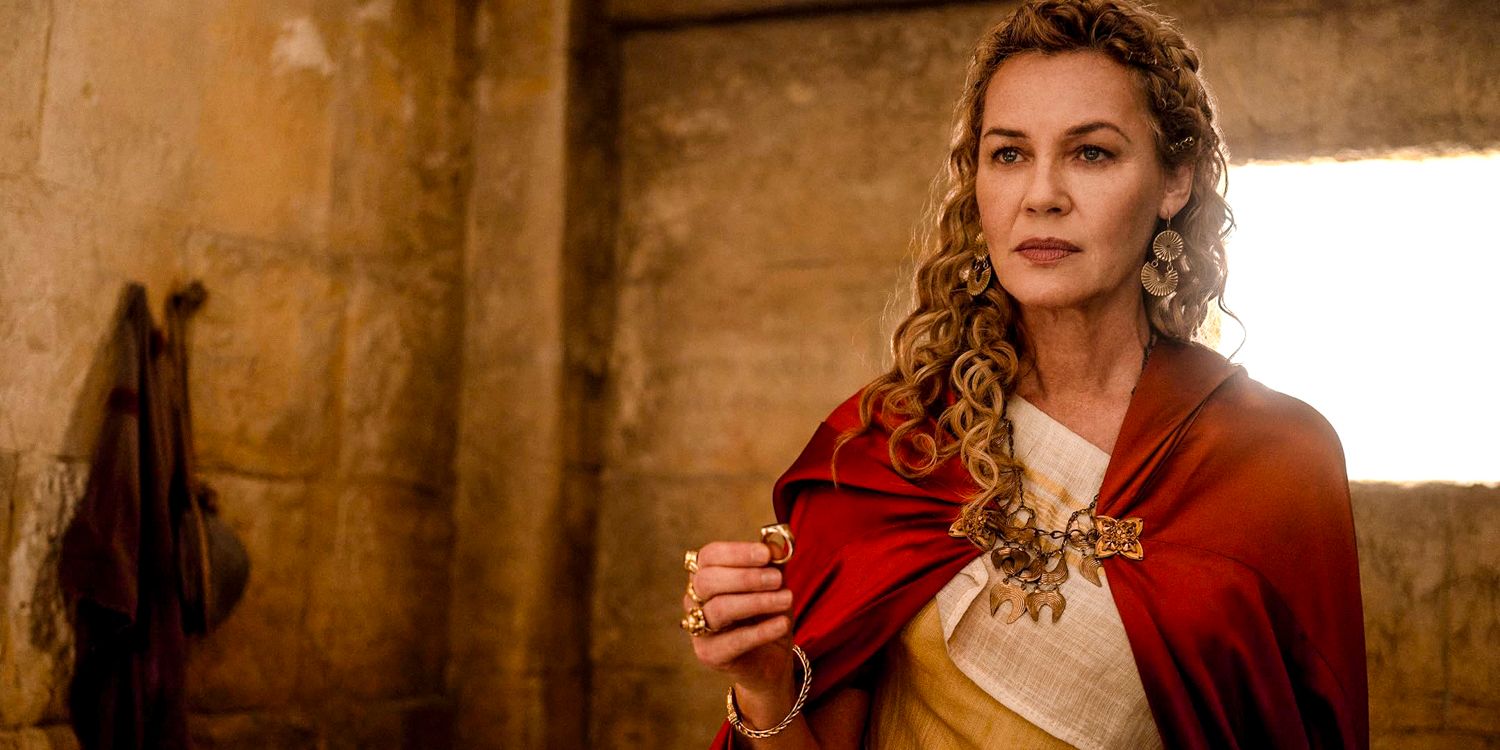
Image via Paramount Pictures
Macrinus knows how much Caracalla cares about the monkey and that this will push him over the edge.
To the audience, what Macrinus is doing is blatantly obvious.
Earlier in the movie, he tells Lucilla that he served her father.
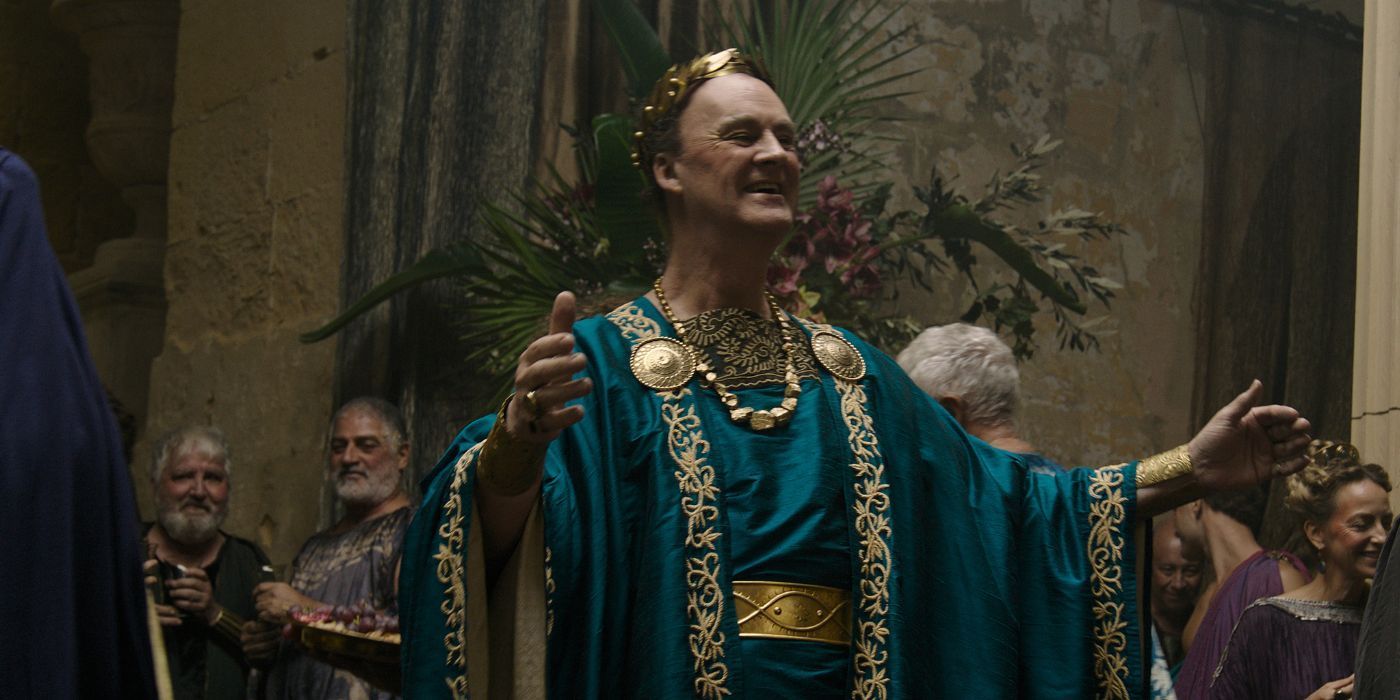
This moment is only outranked by a scene where Washington gives Macrinus more stage presence.
Macrinus takes advantage of this newfound power by speaking to the Roman Senate while holding Geta’s severed head.
